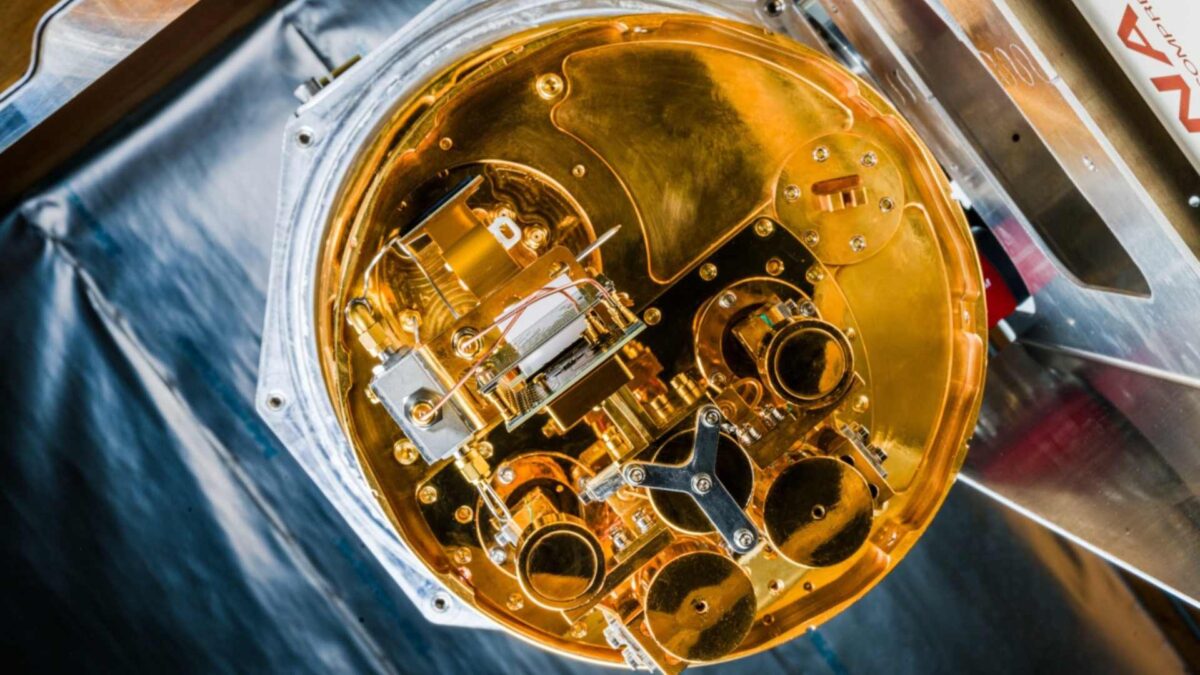
Irish quantum startup to help ESA analyse Earth from space

An Irish quantum computing company is partnering with the European Space Agency to bring cutting-edge technology to space research.
Equal1, a spin-out from University College Dublin, will install its Bell-1 Quantum Computer at ESA’s Φ-lab to help scientists better understand our planet.
The system will be the first quantum computer hosted at ESA and is part of a programme using hybrid computing, which combines quantum and traditional computing power. The technology could make it faster and easier to process huge amounts of data from satellites, improving climate monitoring, weather forecasts, disaster tracking and detailed satellite images.
Simonetta Cheli, Director of ESA’s Earth Observation Programmes, said the collaboration was “an exciting and significant moment” for the agency. “Earth Observation data is complex and vast. This project could transform the way we process and analyse it,” she said.
Equal1’s Bell-1 Quantum Computer has six quantum bits, or qubits, and is designed to work with ESA’s existing computing systems. Scientists will use it to test new ways of processing satellite data and planning missions, exploring how quantum computing could outperform traditional methods.
Jason Lynch, Equal1’s chief executive, said the project marked a “major step forward” for both the company and ESA. “Our computer is designed to fit easily into existing systems and help tackle complex workloads. This partnership shows the practical potential of quantum computing in vital areas like Earth Observation,” he said.
Equal1, which has offices in Dublin, the United States, Canada, Romania and the Netherlands, employs 45 people. Investors include Atlantic Bridge, Enterprise Ireland, the European Innovation Council, Matterwave Ventures and 808 Ventures.
The company is also working on future systems that combine quantum and classical computing on a single chip, which could allow for faster processing and real-time error correction. Brendan Barry, Equal1’s chief technology officer, said such innovations would be key to unlocking quantum computing’s full potential for analysing the planet.
Share this WeathÉire story:






